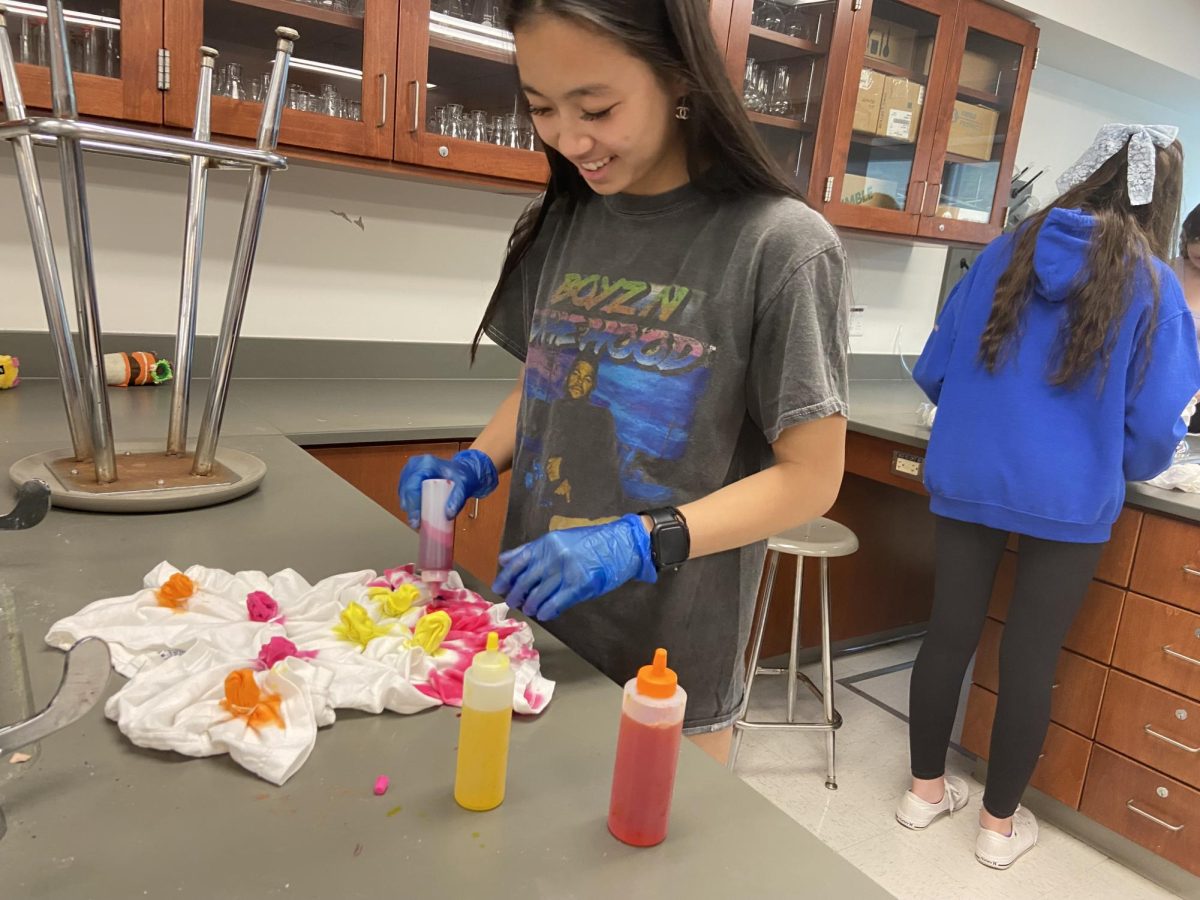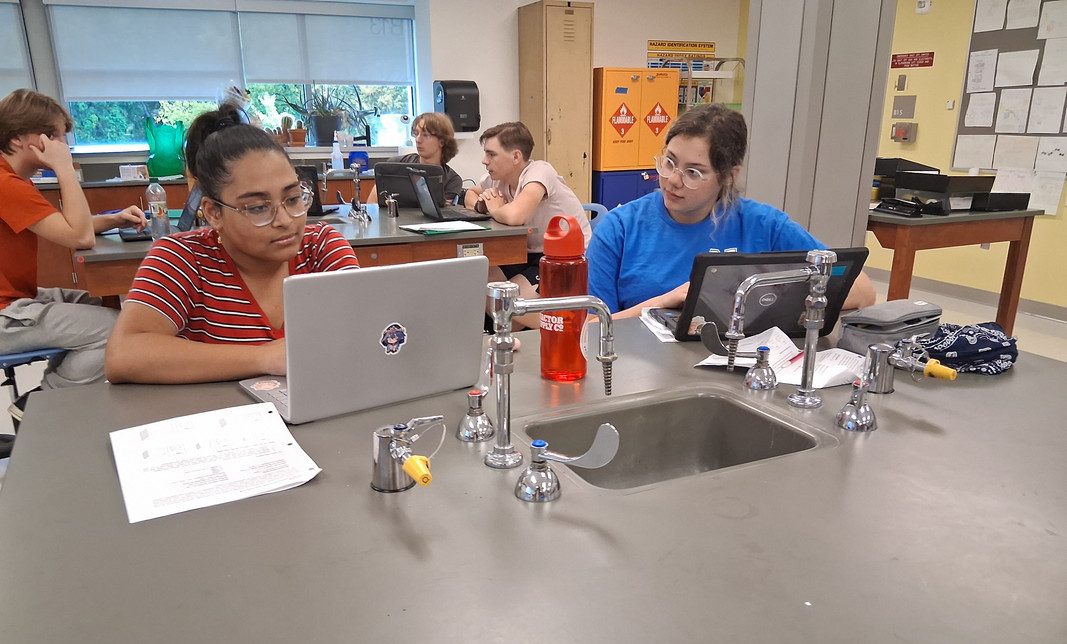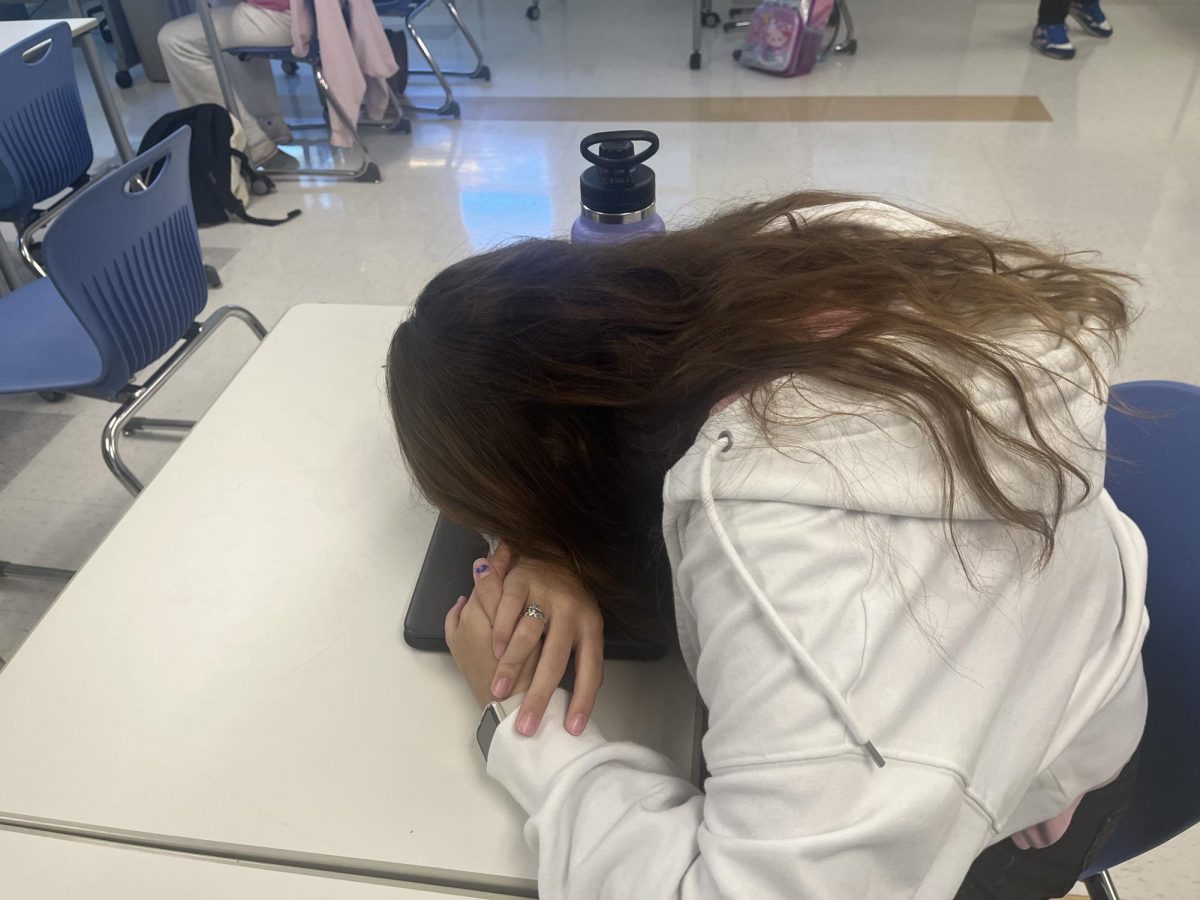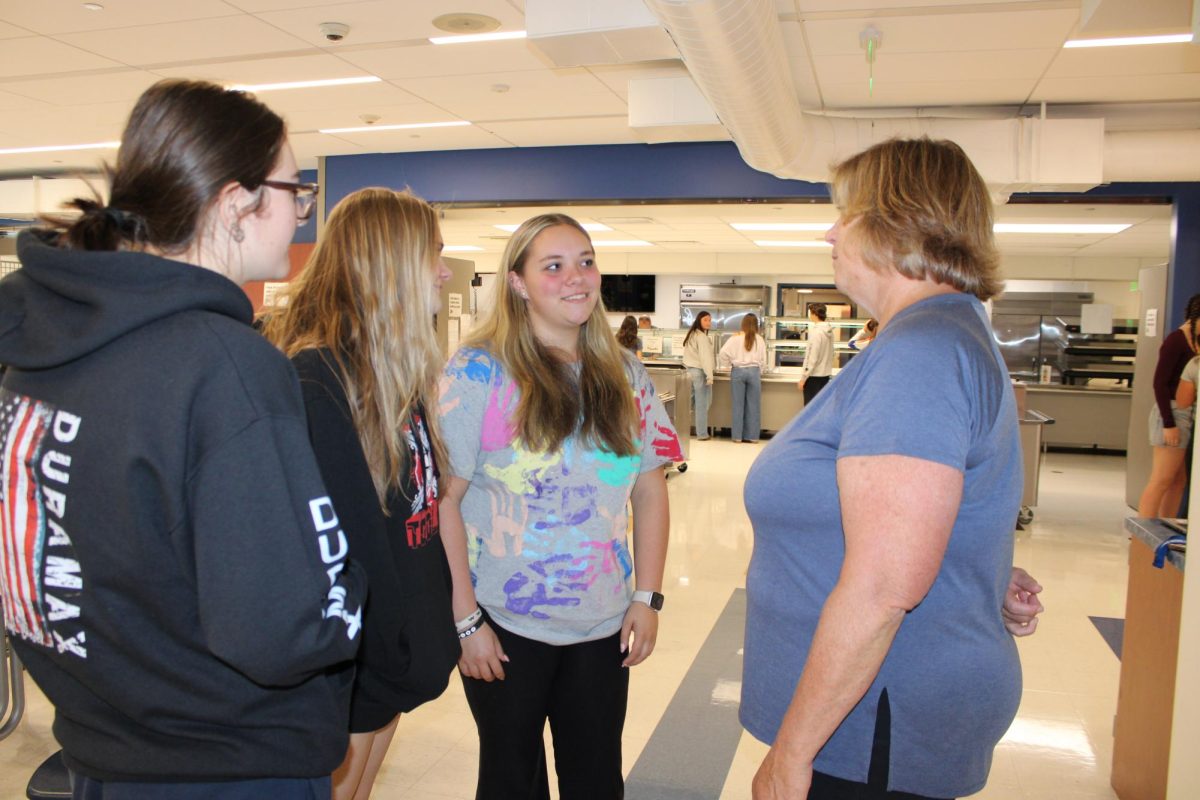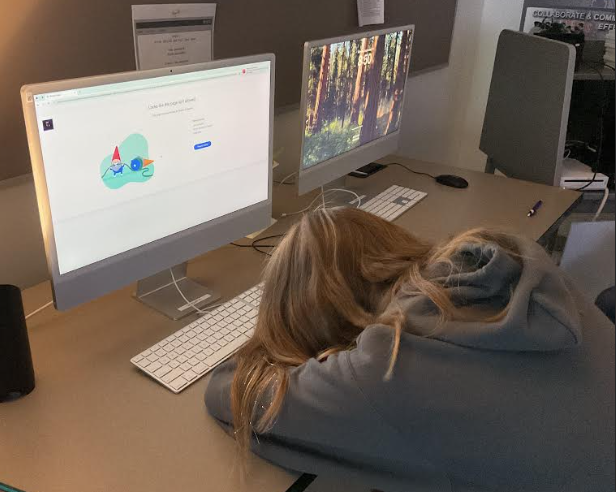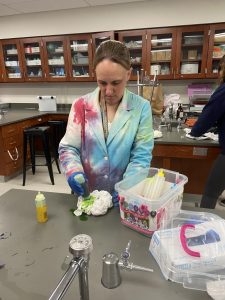
WOODBURY — Advanced Placement exams are approaching, and Nonnewaug students are preparing for their tests.
So how are these teachers preparing their students for their exams?
“We are through course content by April vacation, so that gives us between two and three weeks to focus in on what the students feel they need to review,” said Rebecca Trzaski, who teaches AP European History and AP Government and Politics. “So I ask them before April vacation, ‘What do you need to review?’ and that way over April vacation I can prepare extra lessons focused on the target areas that they feel they are weak in.”
Each AP teacher at Nonnewaug has his or her own way of preparing students for the exams.
“I finish the curriculum right before spring break, so we will do three complete mock practice exams,” said Melissa Hodges, who teaches AP Chemistry. “I will grade the first one as a classwork assignment, grading it the way the AP reader would grade it. I will grade the second one as an interim and the third one as a summative. I will give them the scoring guidelines so they can see how the AP readers are going to score their exams.”
With new students every year, AP scores always fluctuate. With the AP curricula staying consistent, many teachers adjust their teaching styles so students can better prepare for their exam.
“This year I’ve made the adjustment to focus more on giving them reading prompts for every unit,” said Michael Sturges, who teaches AP U.S. History. “Last year they did rather poorly on multiple choice, so I gave them specific things to look for and I’m hitting them with more quizzes.”
When AP scores come back lower than expected, some are quick to blame the teachers. But how much do these AP scores reflect the teachers’ teaching styles instead of students’ work ethic?
“I don’t think the AP scores are a reflection of my teaching as much as they are a reflection of the students’ efforts and ability,” said Trzaski. “I have students who come in and get fives [the highest possible score] and the student who sits right next to them will get a one. They have been through the same course and I have broken down the test for both students. When the student does not do the reading [outside of class], there is simply too much content for me to cover in 50 minutes. They need to be putting in the time outside of class. If they are not willing to do that, then that’s a reflection of them.”
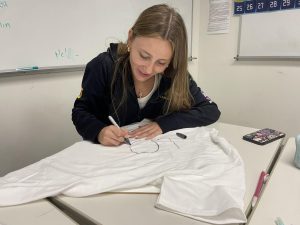
Many teachers agree AP classes require much work and studying to be done outside of class.
“I can’t control how much students work on this outside of school,” said Sturges. “I can’t control the extent to which they take their reading assignments seriously. Most AP classes are about independence. Independent kids will drive themselves and focus on their work.”
The AP exam requires students to study and take the class seriously.
“If a student decides to stop doing the reading in October, then they will do poorly on the exam,” said Trzaski. “If the students are spending a lot of time using AI or trying to find shortcuts through the course content, they will get a one on the exam. Those students that have been working hard throughout the year and really taking in the feedback I’ve been providing and working hard and have really been reviewing over vacation, they will do very well.”
The AP teachers understand that the exams cause much stress. Hodges tries her best to relieve the stress.
“The last day before they go off for the weekend to study, we are just going to tie-dye T-shirts and have fun and de-stress,” said Hodges. “They can come in on Monday and wear their T-shirts and we’ll all have lunch together. I bought them syringe pens and color-changing pencils. I try to be silly to help relieve their stress, but they also put in the grunt work for these two weeks in between spring break and the exam.”



